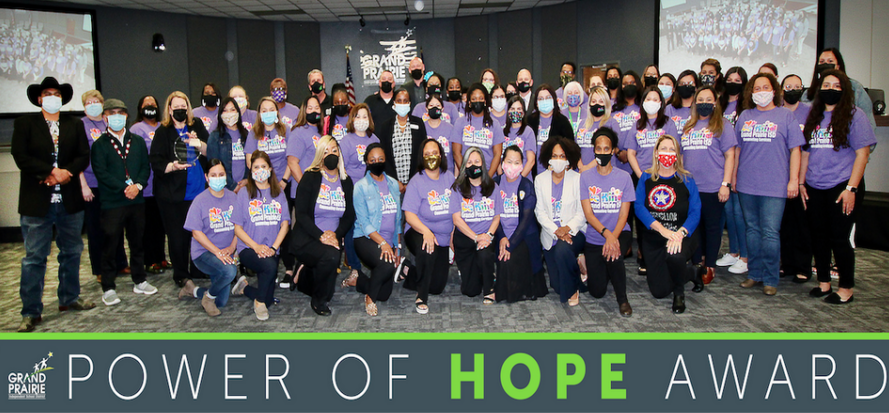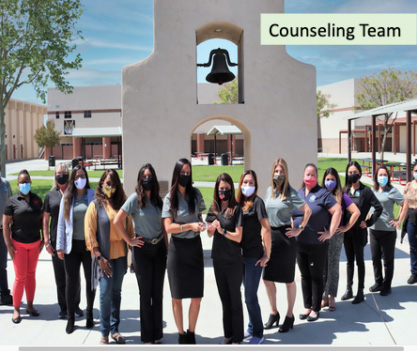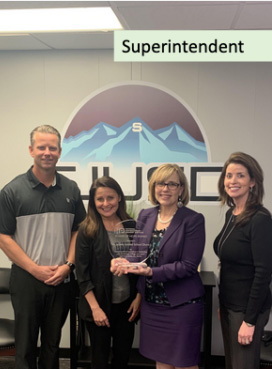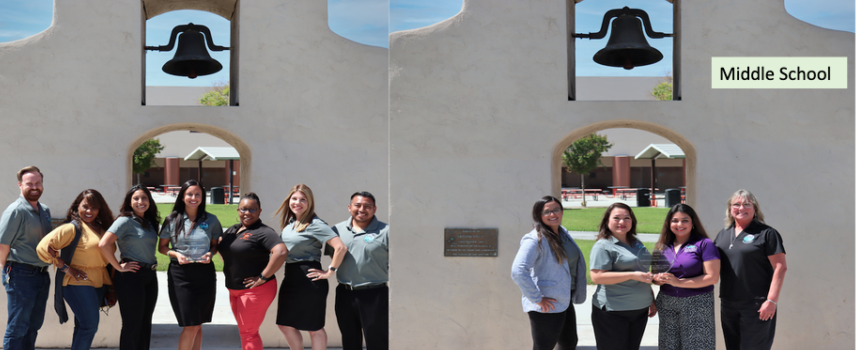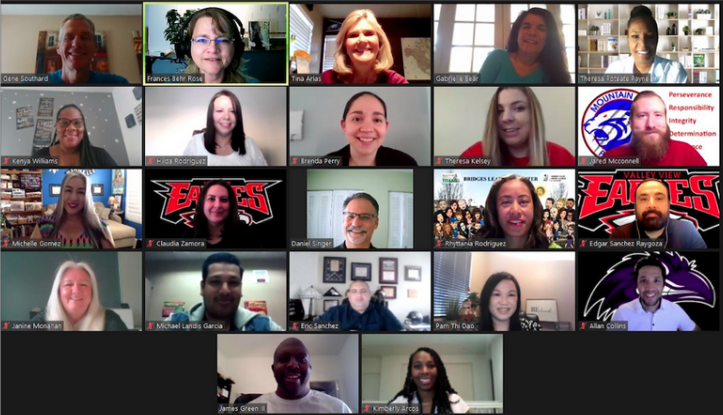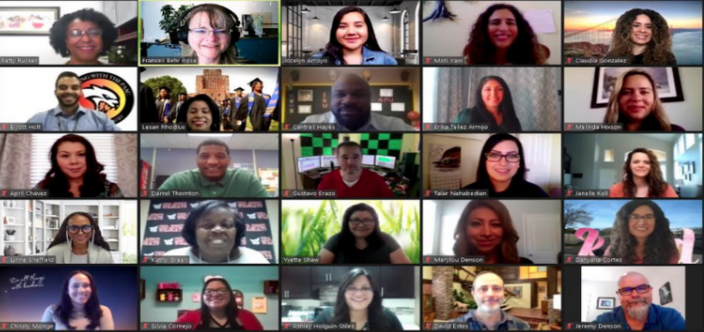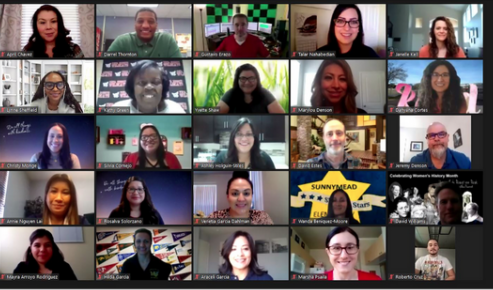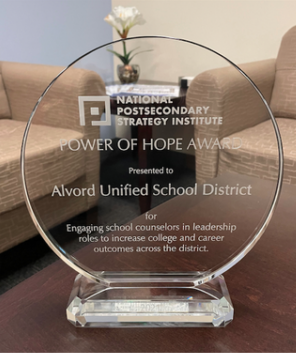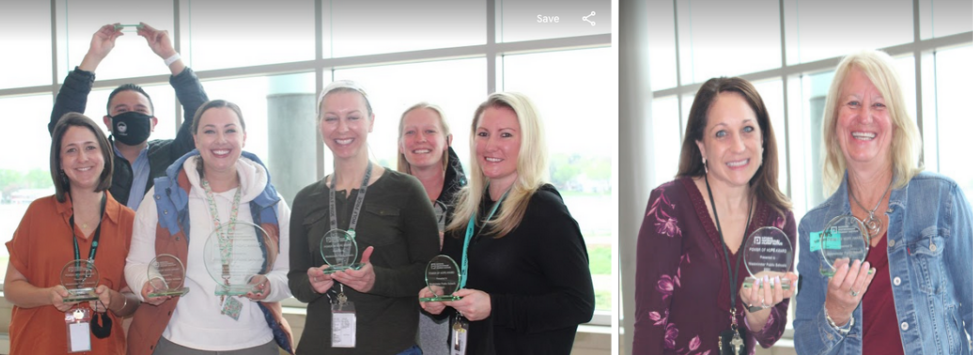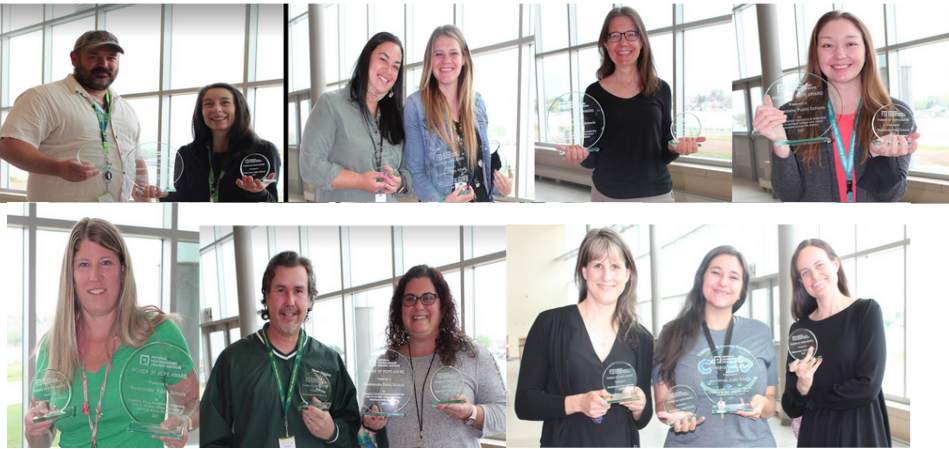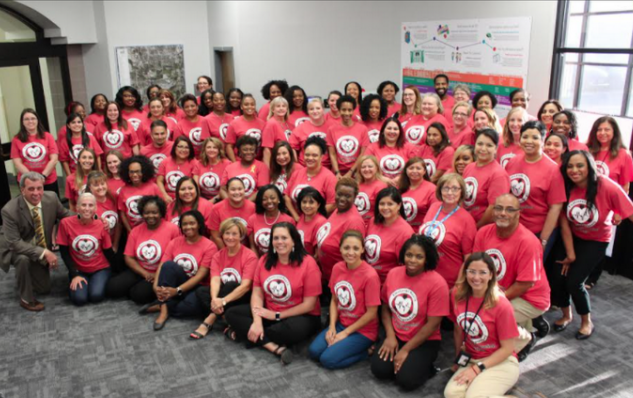
THE POWER OF <i
Hope.
Postsecondary
Education.
School
Counselors.
District
Leaders.
Data Strategy.
Students.
You.
You’re Empowering School Counselors To Help Students
We’re Recognizing Districts Through The Power of Hope
-Former First Lady – Michelle Obama

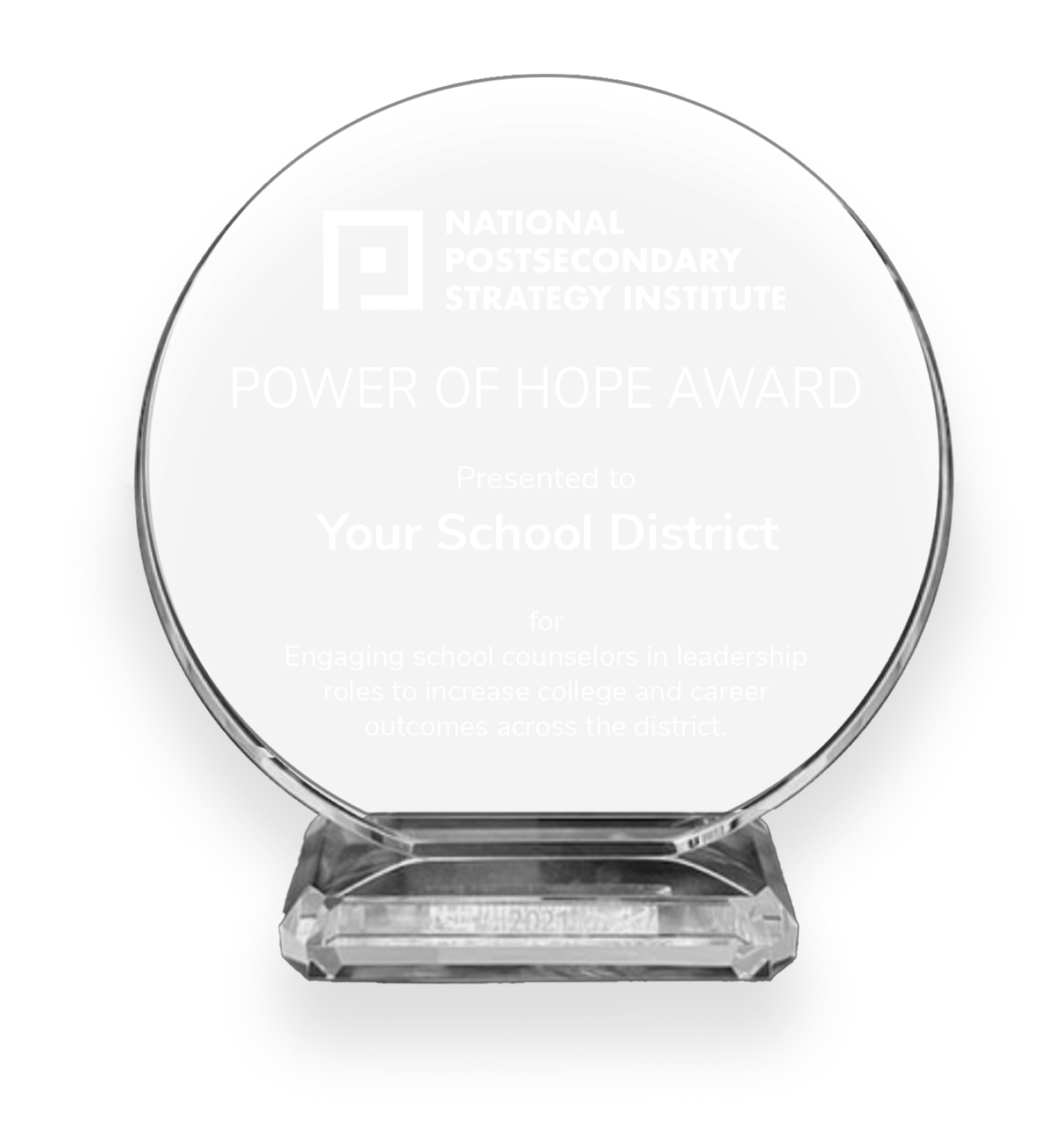
Win The Power of Hope Award For Your School District
Applications for The Power of Hope Awards are officially open!
Are you a school district that has:
- Engaged school counselors in implementing postsecondary enrollment and career strategies?
- Used research-based data to lead and implement FAFSA® completion initiatives?
- Made significant progress in at least two of the 20 research-based college and career metrics we recognize?
- A minimum of 50% free and reduced lunch (FRL) students?
If you’ve answered yes, then you’re an ideal candidate for The Power of Hope Awards! In collaboration with Michelle Obama’s Reach Higher initiative, NPSI recognizes multiple school districts with at least 50% FRL populations that implement FAFSA completion and college and career readiness programs led by school counselors.
What is the power of hope?
-Former First Lady – Michelle Obama
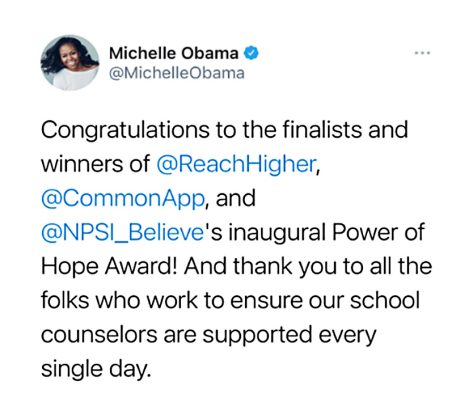
Why apply?
NPSI winners will receive national recognition and serve on a National NPSI Advisory Committee to support NPSI Counselor Engagement strategies and the Reach Higher initiative. They will also benefit from opportunities to share their postsecondary advising framework and best practices across many channels, including webinars, blogs, newsletter blasts, social media, and more. Every student deserves to be supported in a way that helps them achieve their greatest potential, and you deserve to be recognized for your work in getting them there.
SPOTLIGHT ON THE POWER OF HOPE
We don’t want to just tell you how great our award winners are – we want to show you
See what top educators and leaders say about NPSI and The Power of Hope Awards.
THE DETAILS
Think your district deserves recognition? We want to know more about your postsecondary planning and programs!
FAQ's
Only school districts with licensed school counselors employed by a district are eligible to apply for the POH Award.
No. Only school districts can apply for the POH Award. College access partners providing support to school counselors implementing postsecondary activities can be reported under Part 3 – Counselor Narrative
The POWER OF HOPE Award must be submitted by a school district. The application process requires internal district collaboration between with school counselors. It may also include collaboration with higher education institutions, non-profits, faith-based entities, along with businesses in the community.
No. Please do not submit additional metric indicators. Districts reaching the semi-finalist round will have the opportunity to provide additional information.
No. Please do not submit additional school counselor strategies. Districts reaching the semi-finalists round will have the opportunity to provide additional information.
Yes. CMO’s can submit a Power of Hope application, if they employ licensed school counselors.
Neither web links nor other supporting documents can be submitted with the electronic application. Additional documentation may be required from districts reaching the semi-final round.
The winner (s) will receive national recognition and set the standard for future Power of Hope winners in years to come. We anticipate opportunities will develop for the winners to share their work with the field, including webinar presentations, newsletter blast, blogs, Facebook and other social media notices. NPSI staff will work alongside POH winners and coordinate engagements as opportunities develop.
Past power of Hope winners
2022 WINNERS - 3 DISTRICTS
The nation’s 3rd largest school district, Chicago Public Schools, has a postsecondary advising model that infuses collaborative college and career readiness practices across the district, with counselors having a central role. Counselors are positioned within the Office of School Counseling and Postsecondary Advising (OSCPA) and this directly aligns their role to postsecondary outcomes. The district’s five-year vision is focused on delivering support to increase postsecondary opportunities for all students and includes offering a postsecondary credential, Central to this work is ensuring, with evidence, that every student graduates with a solid postsecondary plan. Planning and advising is led by school counselors.
This district has embraced a system to ensure all counselors are trained to teach college and career readiness. A postsecondary credentialing process for all K – 12 counselors has been established that includes the following: Chicago Equity & Access Advising Credential (PreK – 8), The Chicago College & Career Advising Credential (HS), Undocumented Champion Credential for the nuanced needs of this important target population. At least one high school counselor per school must be certified by the Illinois Student Assistance Commission through its Financial Aid Certification program. There is a strong focus on data and the district has internal tracking reports to support the work of school counselors.
Program Highlight – District Structures to Engage School Counselors As Postsecondary Leaders
Garland ISD has implemented district-wide systems to improve college, career and military readiness (CCMR) outcomes for all students. The district has made significant investments in the school counseling program and restructured the role of counselors to lead postsecondary-centered activities across grade levels, with an intentional focus on supporting the transition of students entering college and the workforce.
The district has made significant investments in the school counseling program and counselors lead postsecondary activities across all grade levels. Increased allocations were made for school counselor to better support student postsecondary outcomes. The district restructured the role of school counselors to support students as they transition into college and the workforce. This model ensures the replication of counseling practices across all campuses and fosters cross district departmental collaboration. Building level counselors drive this work and are mandated teachers of postsecondary advising. Systemwide interventions include classroom guidance lessons on postsecondary opportunities, with built in self assessments. Targeted interventions include individual student conferences, home visits, mandatory Saturday school and regular parent check-ins.
Program Highlight – Restructured Counselor Role as Postsecondary Leaders
Socorro ISD is organized, so that postsecondary preparation for all students begins in the primary grades. The district has structured yearly planning activities and interventions at every grade level to prepare students to understand endorsements and career and college opportunities. The goal is to equip every student with the knowledge and ability to pursue future aspirations.
Counselors in this district meet with every student. Reporting systems are in place to intentionally monitor student success, in collaboration with administrators. Assistant superintendents make sure that counselors are included in leadership positions on all campuses and at the district level, so they understand what is taking place in schools. Counselors deliver mandated developmental postsecondary lessons focused on college, career and military readiness. The district has an expectation that principals work in conjunction with counselors, with counselors not having duties that take them away from direct service to students. The expectation is that principals work with counselors, operating in partnership to support student outcomes.
Twenty-two new counselors were added this year as a result of principal advocacy for the important role of school counselors. Counselors are the hub of student support activities and use data to understand where extra interventions are needed. Counselors serve on leadership teams across all campuses and meet weekly with principals. Counselors in this district have never had testing responsibilities. Counselors have mandated postsecondary education training. Developmental lessons have mandates aligned to postsecondary education and support college and career readiness.
Program Highlight – Career and College Activities at Every Grade Level PK – 12
2021 SPOTLIGHT AWARD DISTRICTS
The POH Spotlight on Practice Award recognizes districts that implement a specific research based practice that increases college and career readiness.
Columbus Community School District district is organized to help all students successfully transition from high school into postsecondary, through the dual role of high school counselor and college advisor. The school counselor works at the high school, while also serving in the role of a first year counselor/advisor at the community college. At the community college, the counselor addresses specific student transition needs including, affordability, mental health, homelessness, abusive relationships, academic struggles, job placement and academics.
Program Highlight – School Counselor Dual Role: High School Counselor and Community College Advisor.
Stillwell Public Schools is organized to help all students REACH HIGHER through the development of a working partnership model with the Cherokee Nation. Given that 75% of its’ students are Native American, the partnership enhances school and family support, while building relationships needed to increase understanding of postsecondary pathways and the steps required for all students to be college and career ready at the end of high school. A representative of the Cherokee Nation serves as a community bridge, supports the postsecondary programming and provides insight into effective implementation strategies.
Practice Highlight – District Postsecondary Advising Strategy For Cherokee Nation Native American Students.
2021 WINNERS - 6 DISTRICTS
These districts are being recognized for empowering school counselors to serve as college and career leaders, monitoring FAFSA completion and at least two other researched based college and career data indicators.
The Grand Prairie Independent School district has organized a K-12 postsecondary advising system around a district wide approach that includes counselors and administrators working closely together.
Counselors serve as leaders, and have built strong collaborative working relationships with all stakeholders. Counselors implement targeted college and career readiness lessons that are evaluated on an on-going basis. Teachers are included in the postsecondary advising framework, with additional collaboration from the career and technical education department. Teachers present lessons on their college experience. The district mission is to expose ALL students to postsecondary opportunities.
Practice Highlight – Counselor Leaders Working In Collaboration With Administrators.
The Alvord school district is organized around a framework designed to ensure all students know and understand postsecondary options. Notably, college and career readiness preparation activities begin in kindergarten and are followed by counselor designed activities implemented at each grade level. In kindergarten, counselors lead career days, while speaking with elementary students about high school graduation requirements and campus tours.
Alvord ISD has established a collaborative counseling model resulting in intentional postsecondary planning between elementary, middle and high school counselors. There is an established curriculum and uniform practices are created across all grade levels.
Program Highlight – K–12 Counselor Led Postsecondary Framework
Moreno Valley Unified School District has a postsecondary strategy that includes a PreK-12 college and career readiness framework. At the center of this work is the district focus on the role of the school counselor. The work of school counselors is organized around standards with strong collaboration between administrators and counselors.
The district postsecondary strategies begin in the middle grades and includes California College Guidance Initiative (CCGI) milestones, assuring all students know what is needed to prepare for college and career opportunities. Practices are guided by research demonstrating that high school is often too late to begin college and career planning. Structures and processes are in place to effectively pass the college and career advising baton from middle school to high school.
Program Highlight – Counselors leading PreK – 12 College and Career Readiness Activities
The nation’s largest school district focuses on implementing systems to institutionalize practices around college and career planning. The work began over a decade ago with the College Success For All Initiative and has evolved into a district wide postsecondary advising community of practice. Recognizing that school counselors were often the only educators providing postsecondary support, the framework was developed and focuses on building a team around school counselors to reach and support all students.
The vision of the New York City Department of Education is to professionalize college and career advising, while assuring a focus on identifying key experiences that every student in New York DOE should have ensuring a successful postsecondary path. The system includes nine postsecondary planning milestones that can begin in ninth grade and continues post-graduation. There is a scope and sequence of courses that students take prior to graduation, ensuring they understand their own postsecondary pathway. The push is to de-silo the work of postsecondary counseling and incorporate on-boarding activities through school teams and networks of community practice. There are also unique summer bridge programs with higher ed institutions enrolling the greatest number of NYC graduates.
Program Highlight – Postsecondary advising is all connected – principals, teachers, counselors, etc., but counselors are at the center of leading the work. All stakeholders have access to a FOUNDATIONS course of basic postsecondary knowledge to ensure all stakeholders understand how to advise students.
San Jacinto California’s goal is to build a district-wide college going culture. After receiving the Federal Elementary School Counseling Grant, and while increasing student academic outcomes, the district expanded counselor engagement. A comprehensive counseling model was established to provide all students with college and career information and infuse PreK – 12 postsecondary activities across the district.
The district provides on-going administrator and principal training around the role and function of school counselors, including strategies engaging them as leaders. Counselors continually inform administrators about students needs. The model is based on strong administrator and school counselor collaboration.
Program Highlight – Administrator and School Counselor Collaboration Framework
Westminster has created postsecondary systems to make sure all students receive college and career readiness information. Counselors implement grade level appropriate postsecondary activities across all grade levels, so all students have a career pathway after high school.
Future Centers are staffed with school counselors, who advise students on dual and concurrent enrollment opportunities connected to the workforce. School counselors provide interventions to help students participate in extra-curricular activities and schedule electives into CTE pathways. The student course selection process is aligned to industry needs and is at the heart of this postsecondary framework.
Individual Career and Academic Plan (ICAP) activities are coupled with real experiences, including a grade level curriculum that addresses student interests and career aspirations.
Program Highlight – Counselor Led – Postsecondary Advising Activities Across All Grade Levels
2022 POWER OF HOPE AWARD CEREMONY
NPSI recognizes winners from the 2021-2022 Power of Hope Award at the 2022 NPSI National Conference.
PHOTO GALLERY
